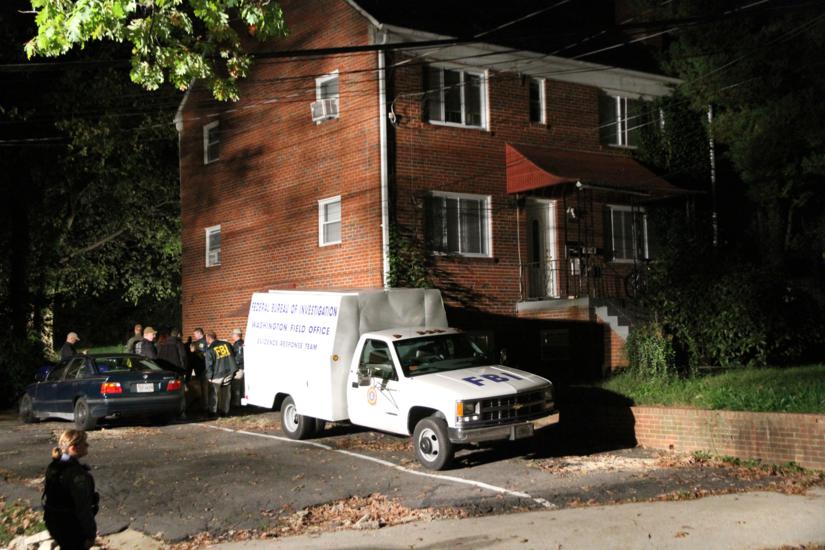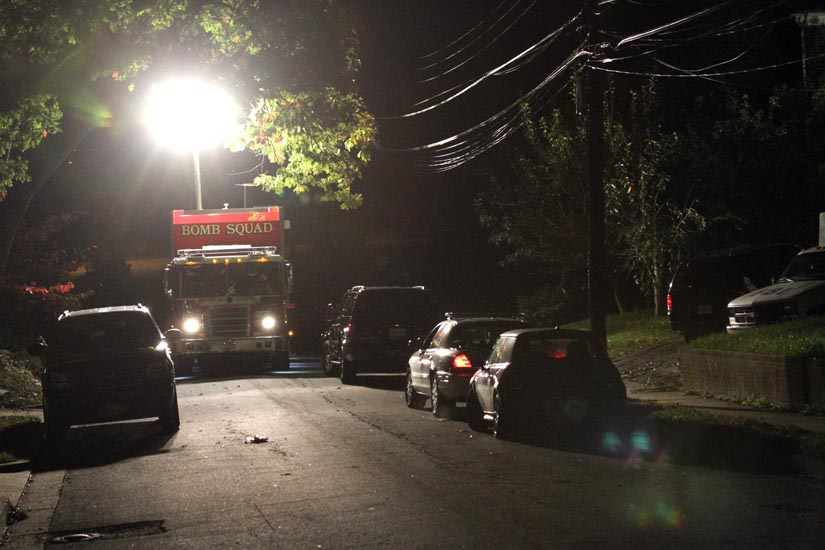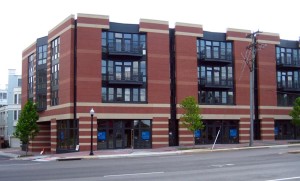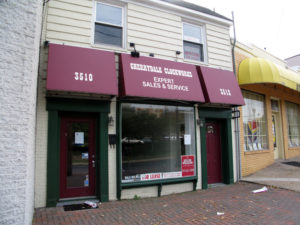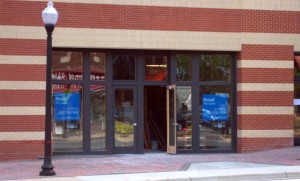 (Updated at 4:10 p.m.) Tonight, Arlington voters will head to Washington-Lee High School for the first of two caucuses to pick a Democratic nominee for County Board. In advance of the caucuses, six County Board candidates participated in a debate last night at the Cherrydale Volunteer Fire Department.
(Updated at 4:10 p.m.) Tonight, Arlington voters will head to Washington-Lee High School for the first of two caucuses to pick a Democratic nominee for County Board. In advance of the caucuses, six County Board candidates participated in a debate last night at the Cherrydale Volunteer Fire Department.
Here are some of the candidates, in their own words, on a few key issues brought up during the debate.
Affordable Housing
Kim Klingler: “We have large employers here who want to bring the best and brightest to Arlington County. And they want them to live here. So let’s hold some of our business owners accountable to see if they can assist us in providing affordable housing for their staff.”
Libby Garvey: “We can work more with developers on bringing them increased density to provide more affordable housing than they built. And we do indeed need to work with preserving our existing stock, and offering tax incentives or loans to the current owners to maintain the affordable housing that they have now.”
Peter Fallon: “We need to revisit the affordable housing bonus density that is available in the zoning ordinance to incentivize more developers to keep using it … At the same time we need to not sabotage [existing affordable housing]. Columbia Pike — the county’s own study has indicated that the trolley would raise the average affordable rent by 30 percent.”
Melissa Bondi: “I would look at new tools like community land trusts, looking at statewide tax relief for existing affordable housing, and a statewide housing trust fund to help Arlington with the tools we already have in place.”
Audrey Clement: “Create a housing authority that would… [consolidate] all the county’s housing programs under one agency, enabling it to qualify for federal HUD money that it currently still does not qualify for, and leveraging the money that it has to build more affordable housing in this country.
Terron Sims: “We can’t do anything to control property values. So we’re going to be careful with how we invest in certain areas of the county where the affordable housing exists because of market forces. Depending on how development goes in certain areas… we may cause those [lower-income] citizens to go live somewhere else, which is not what we want to do.”





